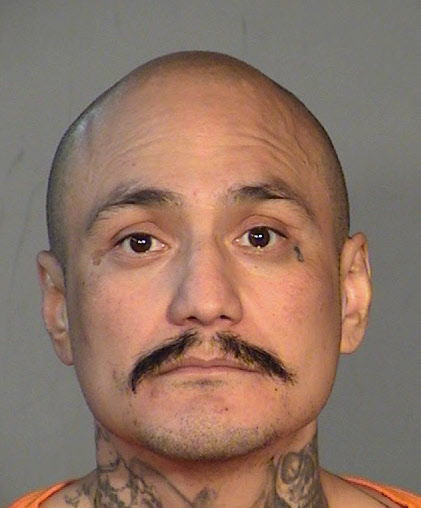PHOENIX — The U.S. Supreme Court won’t disturb Arizona’s death- penalty laws despite claims — and what several justices say is some evidence — that they may be overly broad.
Without comment, the majority of the justices on Monday brushed aside claims by convicted murderer Abel Hidalgo that state laws fail to discriminate between the types of murders that merit execution and those for which a death penalty is inappropriate.
But in a show of how divisive the issue is, four of the nine justices said the Arizona statutes really do need a closer look by the nation’s high court, especially given evidence — undisputed by the state — that they open the door for prosecutors to seek the death penalty in virtually every case. Justice Stephen Breyer, writing for himself and three colleagues, said the evidence presented “points to a possible constitutional problem.”
In general, murder by itself under Arizona law does not entail capital punishment.
Instead, prosecutors must present evidence to jurors of at least one “aggravating circumstance,” such as performing murder for money, the defendant was on probation, or the homicide was committed in “an especially heinous, cruel or depraved manner.” Defense attorneys then can provide “mitigating circumstances” such as the age or mental development of the defendant, with the final decision up to the jurors.
There is no question here but that the evidence showed at least one of these aggravating circumstances applied in this case.
According to court records, Hidalgo in late 2000 agreed to kill Michael Cordova in exchange for $1,000 from a gang member. He also killed Jose Rojas who showed up at the Phoenix auto body shop to retrieve some equipment where Hidalgo was waiting for Cordova, with each victim shot five more times in the head after the initial fatal bullets.
Hidalgo was arrested in Idaho, where he had also been arrested in connection with the deaths of two women there in 2002.
Hidalgo, who pleaded guilty to two counts of first-degree murder, appealed his death sentence to the Arizona Supreme Court. He pointed out that of 866 murder cases examined in Maricopa County alone between 2002 and 2012, 856 had some aggravating factor making them potential death penalty cases.
That failure to distinguish between types of murders, he argued, is overly broad and unconstitutional.
Chief Justice Scott Bales, writing for the unanimous state Supreme Court last year, rejected those arguments, saying there is no due process violation simply because it effectively leaves the decision whether to seek the death penalty to prosecutors. And Bales said there are built-in protections for defendants, including mandatory appellate review.
On Monday, Breyer said states are required to enact “constitutionally necessary” laws to narrow which cases merit seeking the death penalty and which do not. Breyer said the reasoning cited by the Arizona Supreme Court in upholding the state death-penalty law, “cannot be squared” with prior Supreme Court precedents.
But Breyer said that, given the history of this case, he had to agree that Hidalgo was in no legal position to challenge Arizona’s death-penalty statute. He blamed that, however, on Arizona courts, saying they denied a bid by Hidalgo to get a hearing where judges could take a closer look at the evidence and determine if, in fact, Arizona’s death-penalty statute is overly broad as based on the 98 percent of first-degree murder cases being eligible for the death penalty.
“That evidence is unrebutted,” Breyer wrote.





